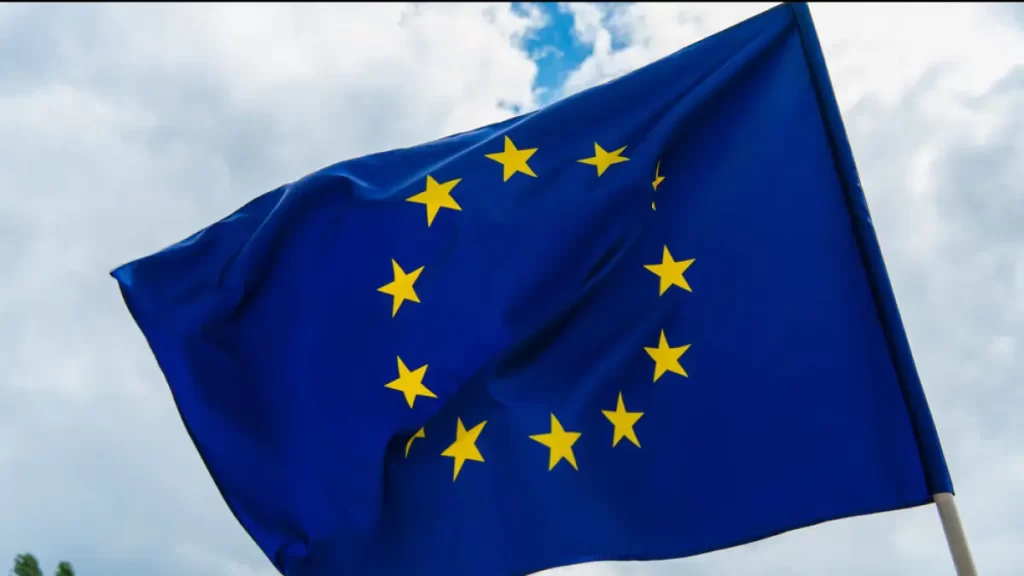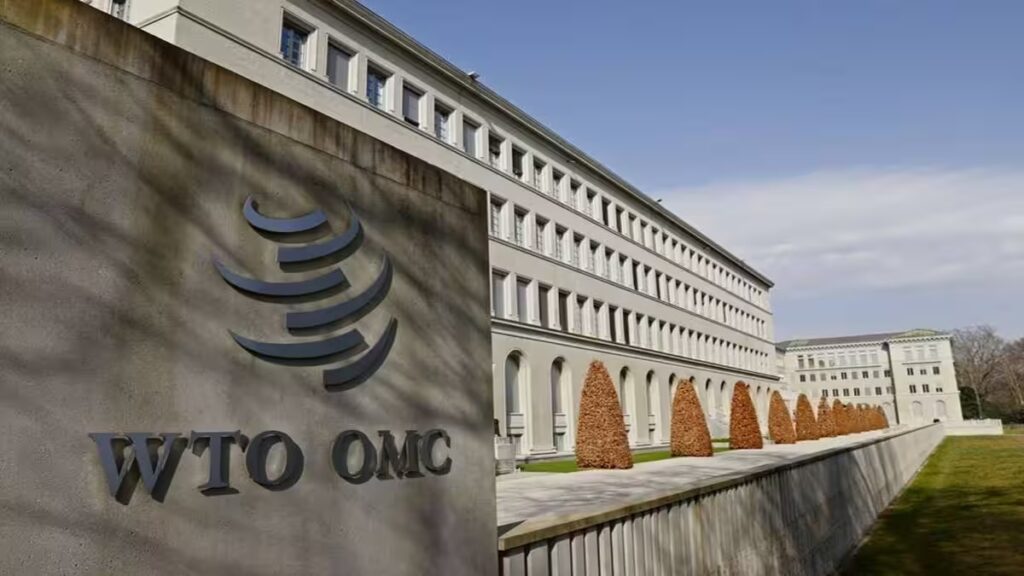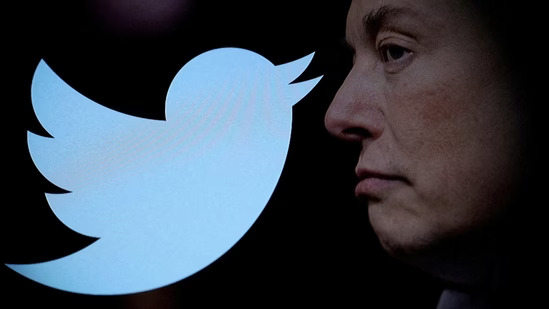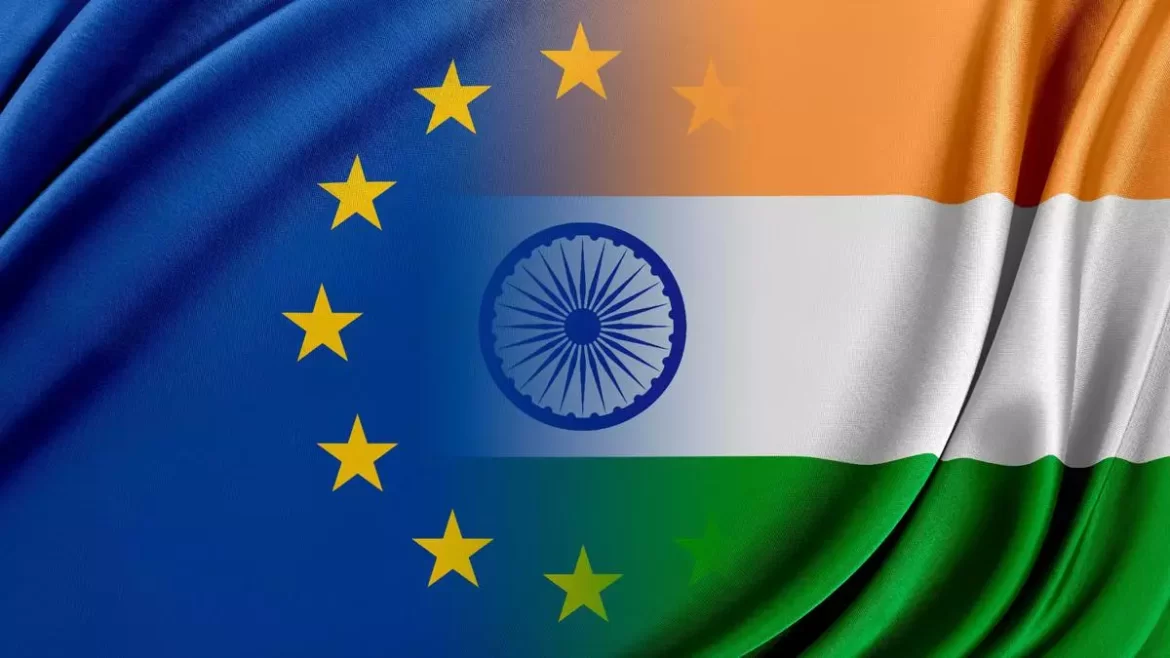In order to achieve net zero emissions of greenhouse gases by 2050—earlier than India’s goal of 2070—the European Union last month approved the first-ever plan to impose a tax on imported high-carbon goods beginning in 2026. The plan specifically targets imports of steel, cement, aluminum, fertilizers, electricity, and hydrogen.
According to top government and business sources, India intends to lodge a complaint with the World Trade Organization (WTO against the European Union’s proposal to levy 20% to 35% tariffs on imports of high-carbon goods from India, including steel, iron ore, and cement.
This is a part of New Delhi’s plan to counter the European Union’s Carbon Border Adjustment Mechanism (CBAM), which encourages regional businesses to invest in cutting-edge technology to reduce carbon emissions. The plan also includes bringing up the issue in bilateral negotiations.
India’s commerce minister, Piyush Goyal, is in Brussels to meet with European Union officials to discuss bilateral issues and advance trade.

In order to achieve net zero emissions of greenhouse gases by 2050—earlier than India’s goal of 2070—the European Union last month approved the first-ever plan to impose a tax on imported high-carbon goods beginning in 2026. The plan specifically targets imports of steel, cement, aluminium, fertilisers, electricity, and hydrogen.
A senior government official with intimate knowledge of the situation claimed, The European Union is introducing a trade barrier that would hit not only Indian exports but also those of many other developing countries.”
The official stated without providing more information that the government intended to complain to the WTO over the European Union’s unilateral action and would seek assistance for exporters, particularly small businesses.
Another government official working on the WTO team stated that India views the planned tax as discriminatory and a trade barrier and will contest its legality while pointing out that New Delhi was already adhering to the procedures promised in the U.N. Paris climate agreement.
The government’s plans to bring up the issue at the WTO were confirmed by three industry insiders who attended a meeting scheduled to discuss it last week.
Officials who were not authorized to speak to the media declined to be identified.
Both the steel industry and the ministry of trade remained silent.

‘MORE TIME IS NEEDED.
The steel sector has proposed safeguards against imports as a reciprocal action to create a “level playing field,” and policymakers are looking at these recommendations.
“Sectors like steel and small manufacturers need more time to meet European Union guidelines,” said Ajay Sahai, director general of the Federation of Indian Export Organizations, adding that in the end, they would need to reduce emissions to remain competitive on a global scale.
The exporters’ organization warned that the EU plan could render India’s free trade agreements with other nations and a proposed agreement with the European Union “redundant” because the carbon tax would cause prices of many exporters’ goods to increase by almost one-fifth, and other trading partners who would suffer from the tax might dump goods in India.
Steel, iron ore, and aluminum exports, which total roughly $8 billion, would first be subject to taxes, according to Sahai, but by 2034, all products sent to the European Union would be included.
Other developed nations, including audits the UK, Canada, Japan, and the United States, are likely to follow the carbon border adjustment as they work to reduce carbon emissions, he predicted.
According to Santosh Kumar Sarangi, director general of international trade, a ministerial panel is investigating how European Union policies will affect the United States and what can be done to address it, such as mutual recognition of energy audit and carbon trading certificates.

READ ALSO – Twitter is Renamed As “X” According To Elon Musk
Elon Musk, the owner of Twitter, said on Sunday that he intends to rename the service and get rid of its recognisable logo


